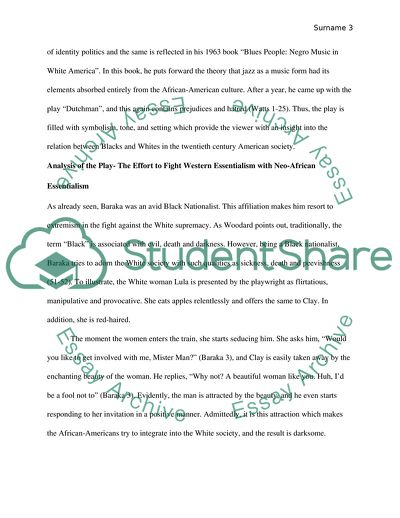Cite this document
(Black Nationalism and Its Influence Literature review, n.d.)
Black Nationalism and Its Influence Literature review. https://studentshare.org/sociology/1826781-dutchman
Black Nationalism and Its Influence Literature review. https://studentshare.org/sociology/1826781-dutchman
(Black Nationalism and Its Influence Literature Review)
Black Nationalism and Its Influence Literature Review. https://studentshare.org/sociology/1826781-dutchman.
Black Nationalism and Its Influence Literature Review. https://studentshare.org/sociology/1826781-dutchman.
“Black Nationalism and Its Influence Literature Review”. https://studentshare.org/sociology/1826781-dutchman.


